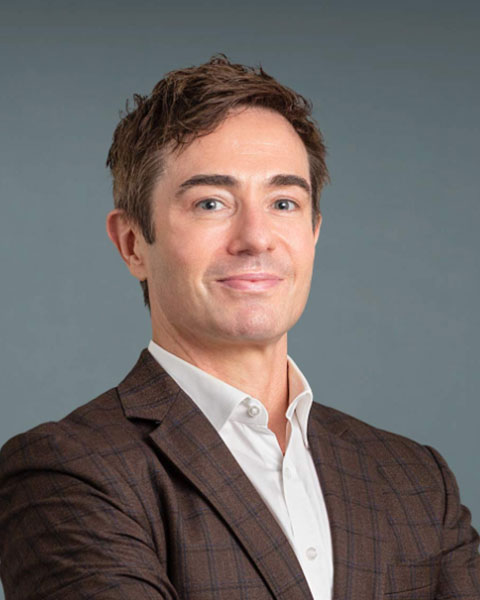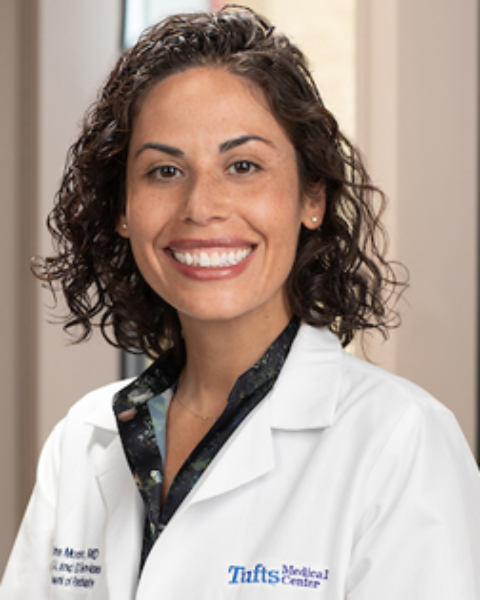Virtual Symposia
Training and Education
Get the Word Out! Teaching Scholarly Proficiency in C-L Fellowship Programs. Sponsored by ACLP's Fellowship Education Subcommittee
.jpg)
Durga Roy, MD, FACLP
Associate Professor of Psychiatry and Behavioral Sciences
Johns Hopkins University School of Medicine
Baltimore, Maryland
Mark Bradley, FACLP, DFAPA
Clinical Professor
NYU Grossman School of Medicine
New York, New York.jpg)
Ann Schwartz, MD, FACLP
Vice Chair of Education; Residency Training Director
Emory University School of Medicine
Tucker, Georgia
Cristina Montalvo, MD, MBS
Chief, Consultation-Liaison and Emergency Psychiatry
Tufts Medical Center
Boston, Massachusetts.jpg)
KEWCHANG LEE, MD, FACLP, FAPA
Clinical Professor of Psychiatry
University of California, San Francisco
San Francisco, California
Lead Speaker(s)
Speaker(s)
Approach: This Fellowship Education Subcommittee-sponsored workshop will focus on best practices used to prepare CL fellows for success in scholarship across the academic lifespan. We will review key principles and frameworks for scholarship and offer guidance in transforming educational approaches and clinical instruction into scholarly products. Format: Educational Activities: Ann Schwartz will discuss ways that fellows can turn everyday activities into scholarship. She will describe best practices for engaging fellows in teaching, curriculum development, and learner assessments. She will review the role of mentorship and educational leadership in the career development of our fellows. (12 minutes) Challenges to Scholarly Proficiency: Cristina Montalvo will present challenges during fellowship that hinder scholarly productivity. She will propose potential solutions to these challenges by presenting curricula that have been implemented to teach trainees scholarly proficiency and how these might be modeled for fellowships. (12 minutes) Scholarly Approaches: Mark Bradley will review tools to build a scholarly roadmap and tips for successful dissemination. He will review types of publications, abstract preparation, and how to work with statisticians. He will review manuscript and grant preparation and resources available to fellows in these areas. (12 minutes) Scholarship in Diversity, Equity, and Inclusion (DEI): Kewchang Lee will review the reasons for incorporating DEI into scholarly work and how to incorporate DEI into the dissemination of knowledge by fellows. (12 minutes)
Background: Training in successful scholarship is integral to the field of CL psychiatry. Providing tools to CL educators in conducting high-quality scholarship with their trainees is essential to disseminating knowledge through curricular design, publications, presentations, and research. Despite the importance of learning scholarly proficiency, development of these practices can be challenging for CL fellows within busy clinical settings.
Overview: Durga Roy will provide an overview of the fundamentals of scholarship by presenting definitions focused on discovery, application, integration, and teaching. She will review Boyer’s Domains and Glassick’s Criteria for scholarship and the benefits of using these frameworks in medical education.(12 minutes)
Small Group Discussions: Participants will then discuss barriers to successful scholarly proficiency in fellowship training at their institutions, with a report-out afterward. (15 minutes)
Small Group Discussions and Wrap-up: Participants will then discuss DEI educational initiatives and current practices at their institutions regarding scholarly approaches, with a report-out and large-group discussion afterward. (15 minutes)
Conclusions: Consideration of more rigorous practices in teaching and modeling scholarship for our CL fellows remains a priority for our organization. The goal of this workshop is to provide CL clinician-educators with the necessary skills to promote scholarly practices.
References:
Freckleton I. Scholarship in Psychiatry, Psychology and Law, 1985-2020. Psychiatr Psycholog Law. 2020:27(3):333-345.
Mill DM, Teufel RJ 2nd. Tools for medical education scholarship: from curricular development to educational research. Hosp Pediatr. 2020;10(5):452-457.Learning Objectives:

